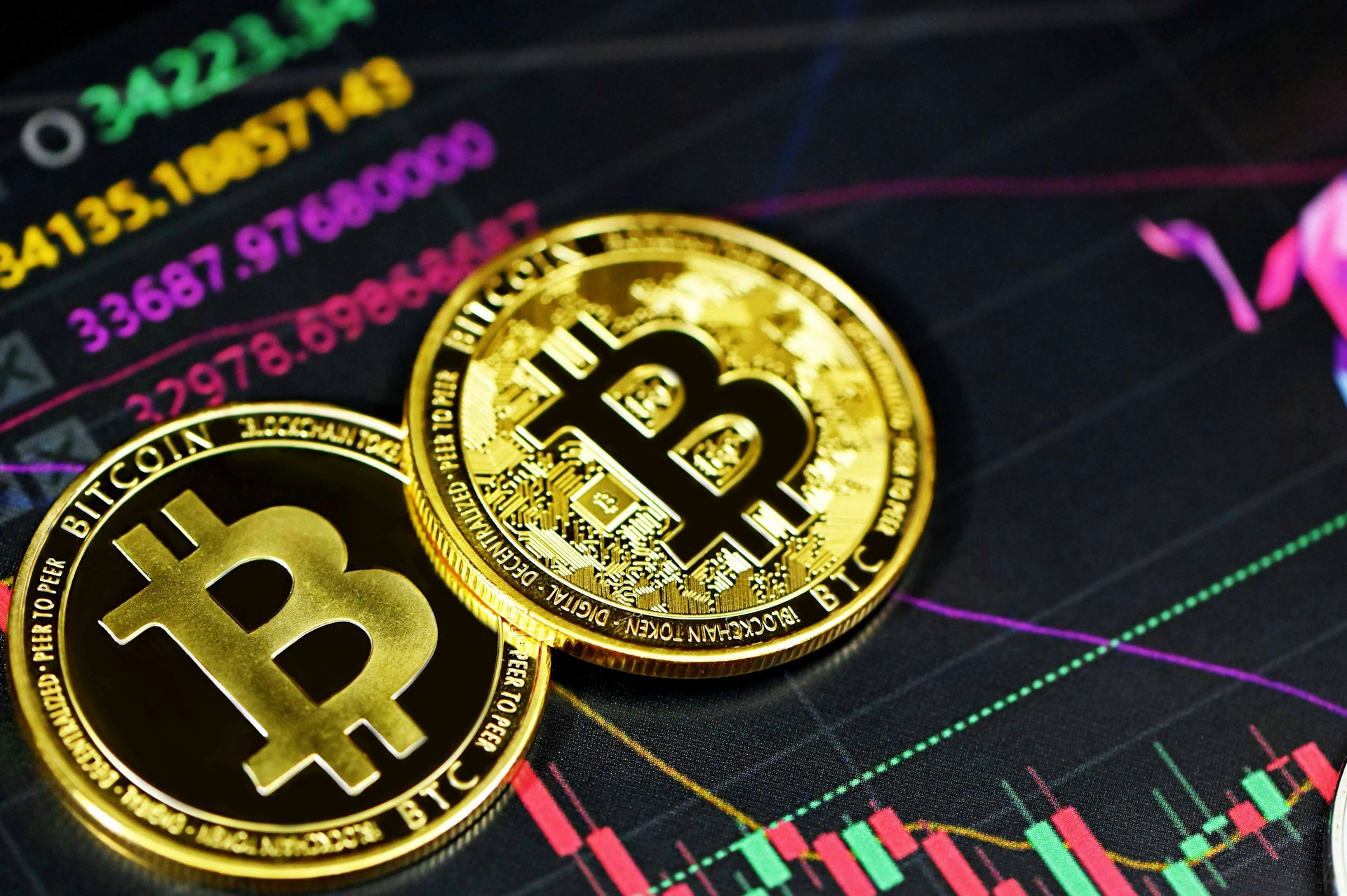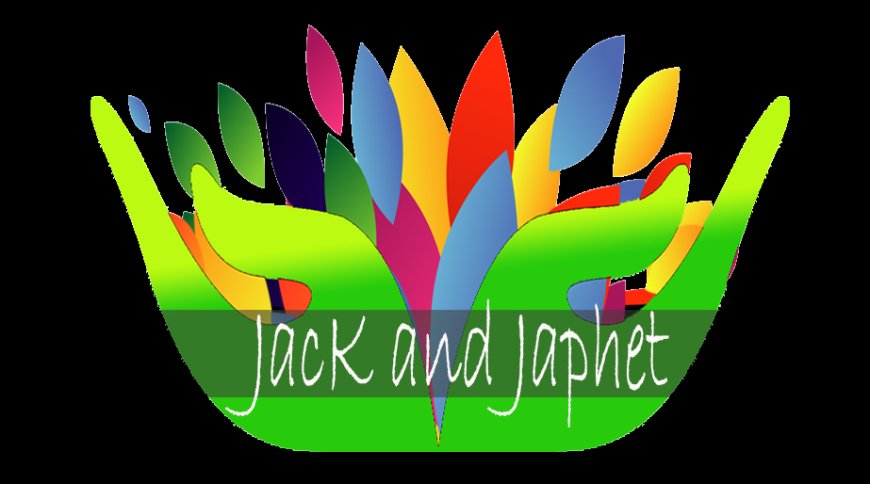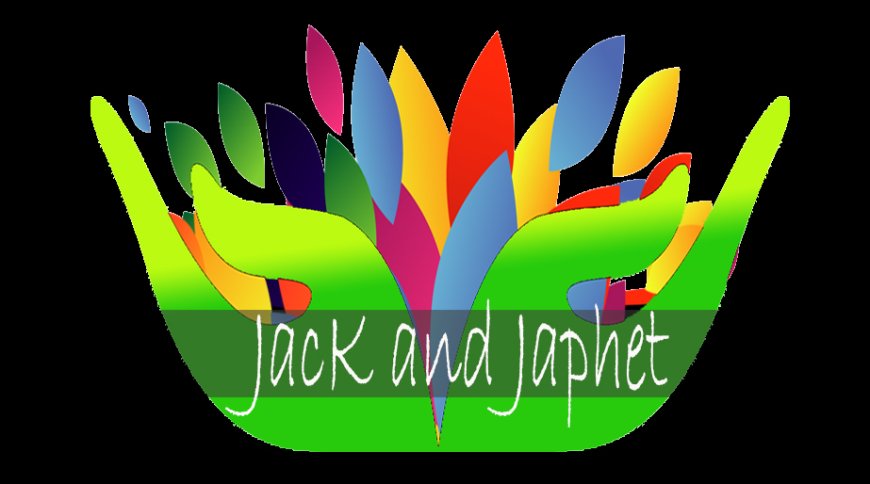Overhaul of Digital Rights Management through Bitcoin
In introducing the topic, Digital Rights Management (DRM) functions as a guardian for intellectual property, safeguarding the rights of content creators. However, conventional DRM encounters challenges linked to centralized control, privacy issues, and intricate licensing structures. This necessitates a reimagined approach in line with the principles of decentralization. Enter Bitcoin, a decentralized digital currency poised […] The post Overhaul of Digital Rights Management through Bitcoin appeared first on Entrepreneurship Life.


In introducing the topic, Digital Rights Management (DRM) functions as a guardian for intellectual property, safeguarding the rights of content creators. However, conventional DRM encounters challenges linked to centralized control, privacy issues, and intricate licensing structures. This necessitates a reimagined approach in line with the principles of decentralization. Enter Bitcoin, a decentralized digital currency poised to catalyze a transformation in DRM. Through harnessing blockchain technology, Bitcoin holds the potential to rectify the deficiencies inherent in traditional DRM systems. Amidst this evolution, it’s worth considering emerging solutions such as “https://immediate-nova.com/,” an online trading avenue that aligns with the decentralized ethos, offering a perspective on how technology can advance in this landscape.
Understanding Digital Rights Management
DRM, in essence, seeks to regulate access to digital content and protect intellectual property rights. It has evolved over time, incorporating various technologies to counteract piracy and unauthorized distribution.
Despite advancements, traditional DRM systems face criticism for being susceptible to hacking, limiting user freedom, and impeding seamless content sharing. These challenges necessitate a reevaluation of the existing paradigm.
The complexities and criticisms surrounding traditional DRM methods underscore the need for a more robust and adaptive solution, paving the way for the integration of blockchain and Bitcoin technologies.
The Intersection of Blockchain and DRM
Blockchain, the foundational technology behind cryptocurrencies like Bitcoin, operates as a decentralized and tamper-resistant ledger. Its application in DRM could enhance the security and transparency of digital content distribution.
The fusion of blockchain with DRM introduces immutable ledgers that record and validate transactions, providing an unforgeable chain of ownership. This could significantly impact how digital content is accessed and shared.
The potential benefits of integrating blockchain with DRM systems include increased security, transparency, and efficiency in managing digital rights. These enhancements lay the groundwork for a more equitable and user-centric content distribution model.
Bitcoin’s Role in DRM Transformation
Bitcoin, as a decentralized digital currency, operates without the need for intermediaries. Its core features, such as decentralization and immutability, position it as a transformative force in the realm of DRM.
The decentralized nature of Bitcoin aligns with the principles of content ownership and distribution, offering a viable alternative to centralized control. Smart contracts, executed on the Bitcoin blockchain, could automate and streamline licensing processes.
Bitcoin’s integration with DRM introduces a paradigm shift towards decentralized content management, potentially eliminating the need for traditional intermediaries and fostering a peer-to-peer ecosystem for digital content transactions.

Decentralized Content Distribution
Conventional centralized content distribution models present inherent challenges, including single points of failure and susceptibility to censorship. Bitcoin, with its decentralized architecture, offers a solution to these issues.
Bitcoin’s integration with DRM facilitates peer-to-peer transactions, allowing users to directly exchange digital content without the need for intermediaries. This decentralized approach enhances privacy, reduces costs, and mitigates the risk of censorship.
The evolution towards decentralized content distribution not only aligns with the principles of blockchain and Bitcoin but also empowers content creators and consumers by providing a more direct and equitable means of digital content exchange.
Challenges and Criticisms
While Bitcoin-driven DRM presents promising opportunities, challenges such as scalability issues and potential regulatory hurdles must be acknowledged and addressed.
The intersection of blockchain and DRM introduces legal complexities and regulatory uncertainties, requiring careful consideration and collaboration between technology developers and policymakers.
Identifying and mitigating potential risks and vulnerabilities in Bitcoin-based DRM systems is essential to ensure the security and integrity of digital content distribution on a decentralized scale.
Future Implications and Considerations
Emerging trends in the convergence of blockchain, Bitcoin, and DRM hint at a transformative future for digital content management. The continued exploration of these technologies promises advancements in decentralized content distribution.
The potential for Bitcoin-driven DRM to redefine digital content ownership and distribution models underscores the importance of ongoing research and development in the field.
As society navigates this evolving landscape, the impact of Bitcoin on DRM may extend beyond the digital realm, influencing broader discussions on decentralization, ownership, and privacy.
Conclusion
In conclusion, the incorporation of Bitcoin into the realm of Digital Rights Management signifies a noteworthy stride toward fostering a decentralized and user-centric ecosystem for digital content. By tackling the drawbacks inherent in conventional DRM approaches, Bitcoin emerges as a catalyst, ushering in a future characterized by transparency, enhanced security, and fairness for both content creators and consumers. The imperative now lies in promoting continued exploration and collaboration within this domain, as it plays a pivotal role in steering the course of Bitcoin-driven DRM and its broader societal impact.
The post Overhaul of Digital Rights Management through Bitcoin appeared first on Entrepreneurship Life.














